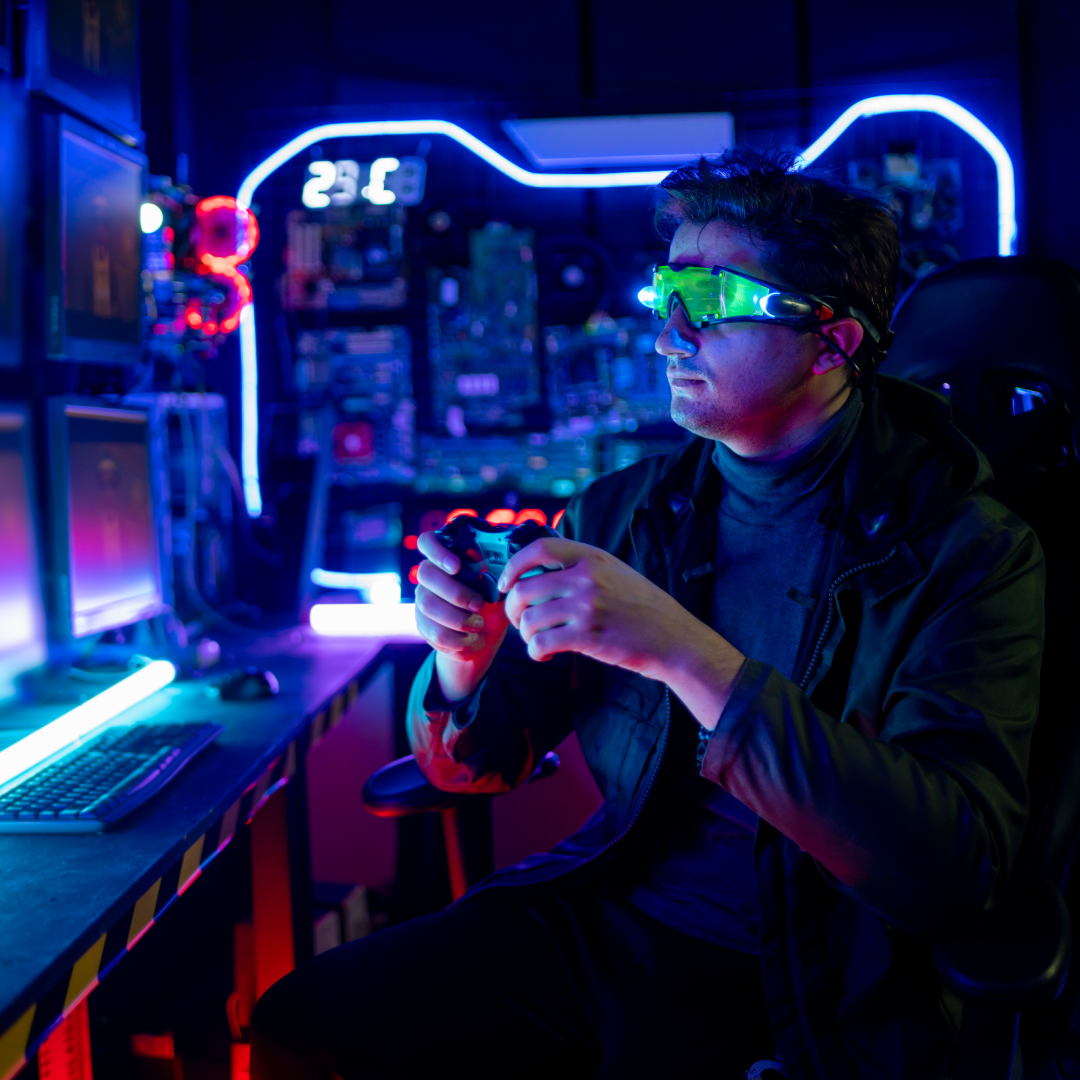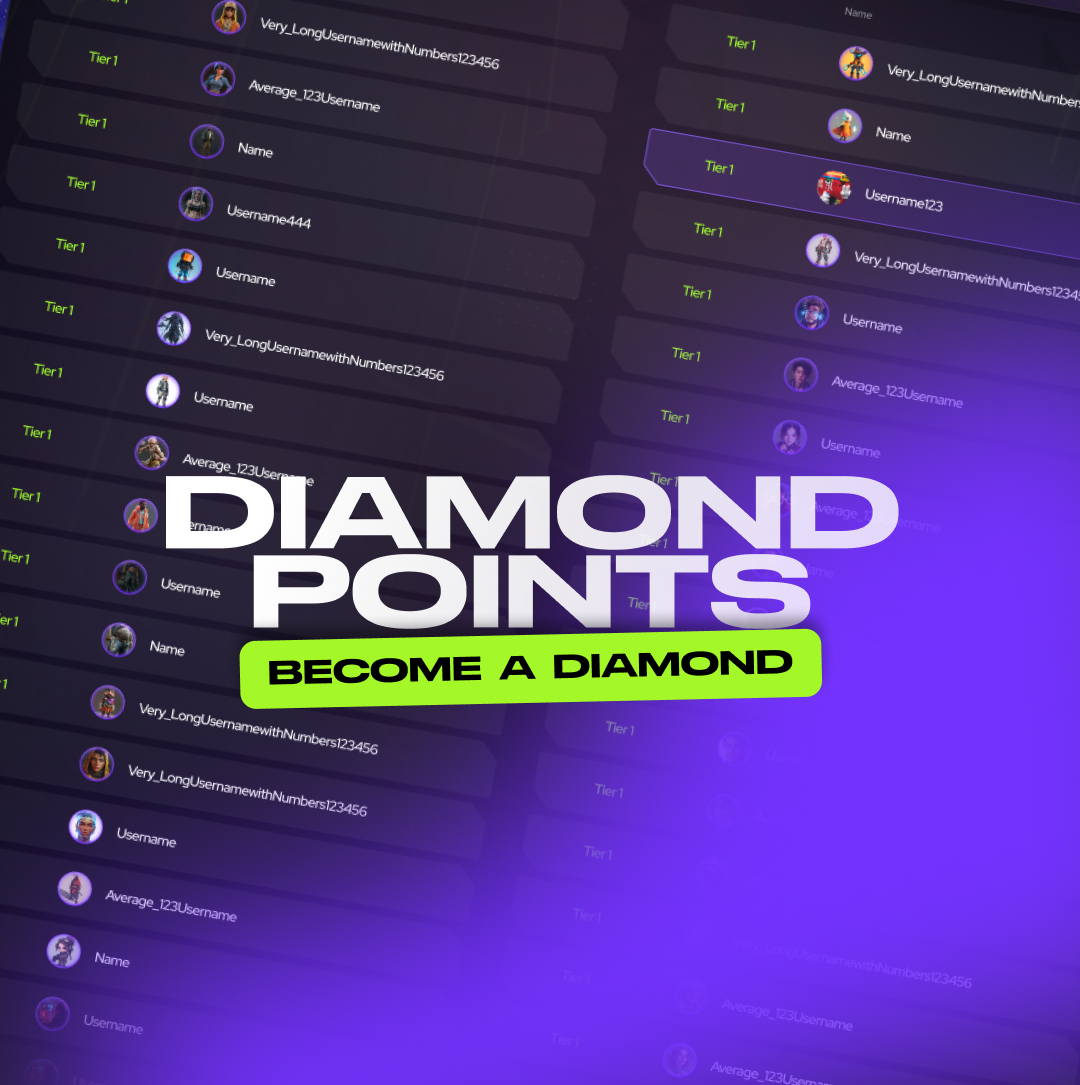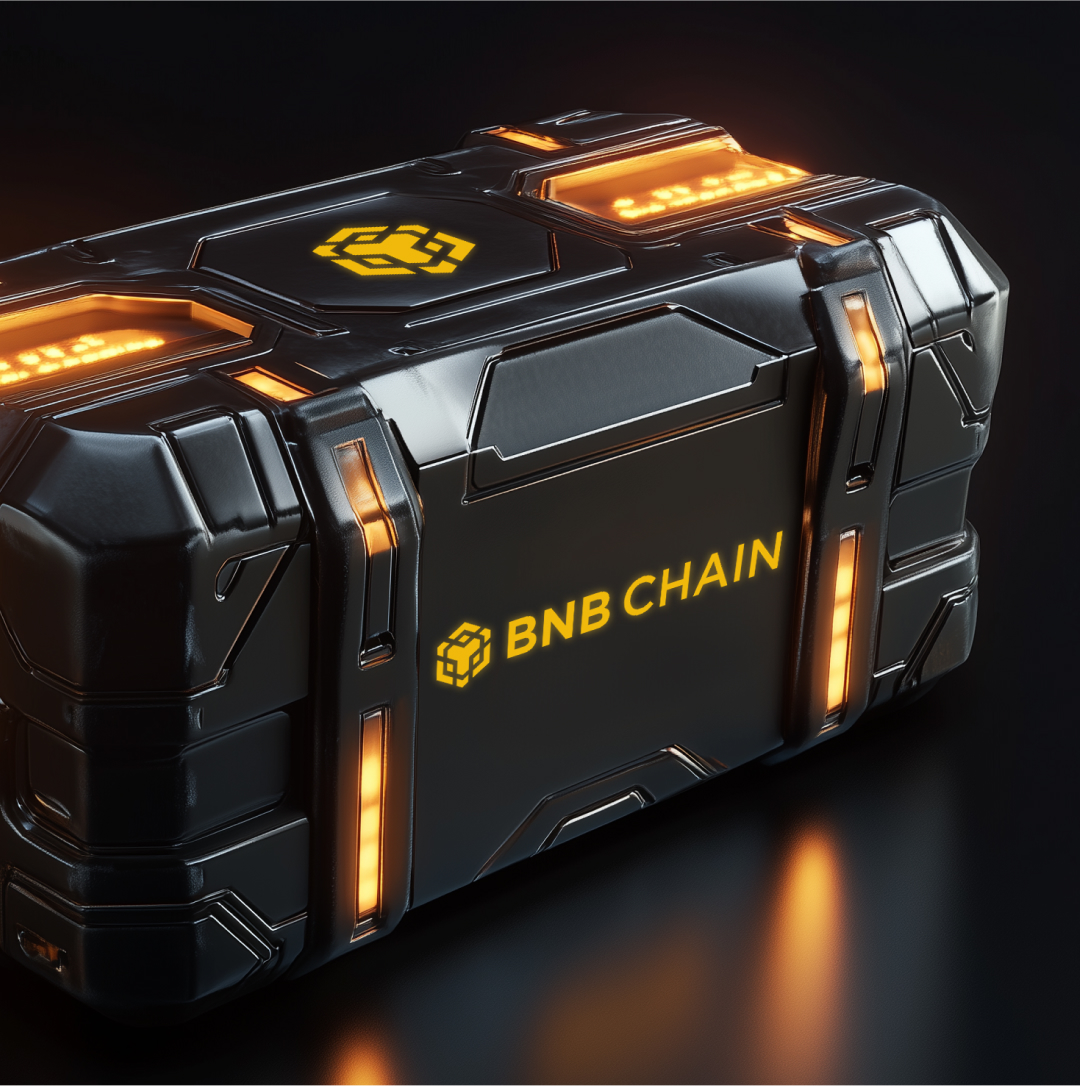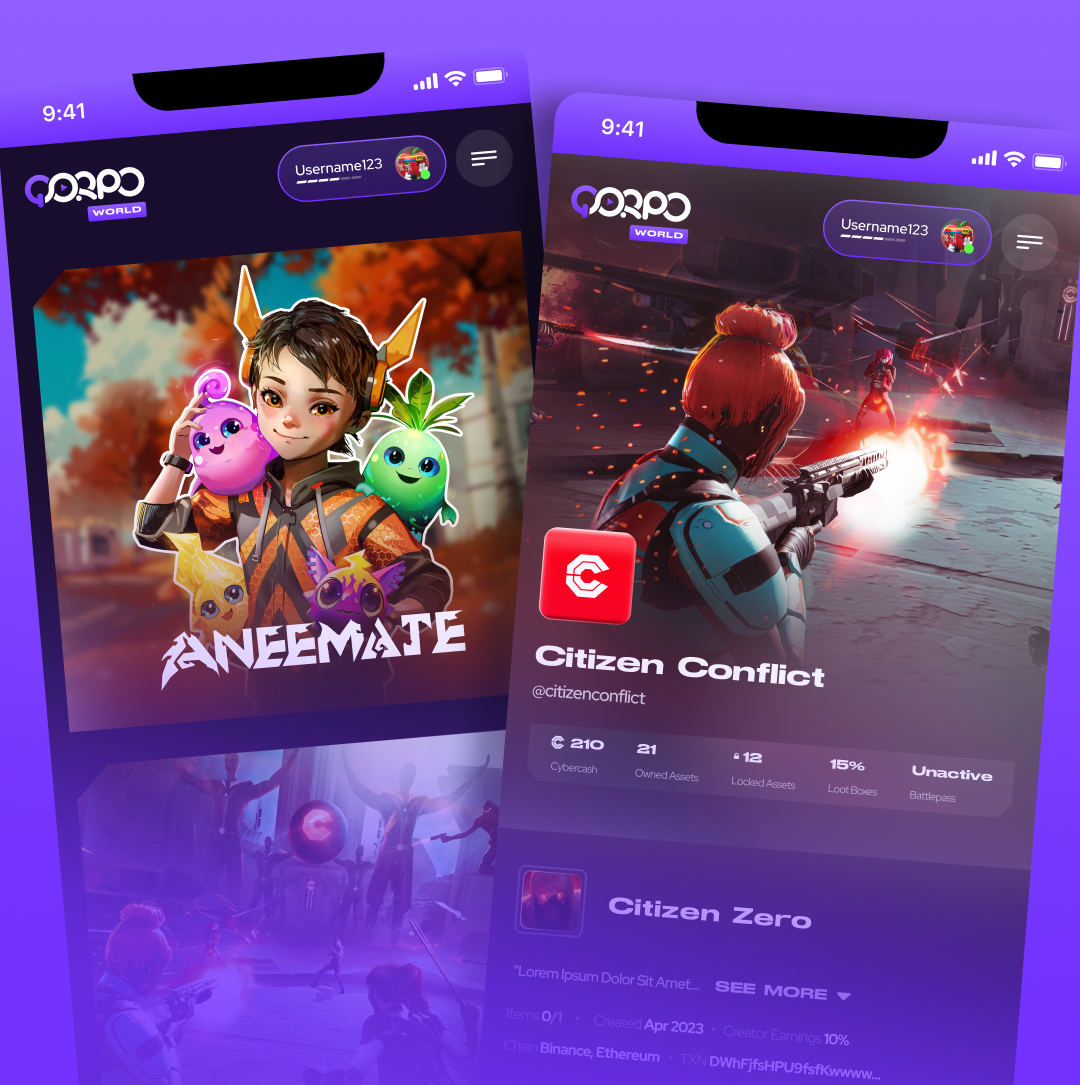Over the years, the gaming industry has evolved into a tremendous colossus. Have you ever heard of the comparisons to big Hollywood production? In fact, today’s gaming industry is leaps and bounds larger than the entire movie and music industry combined, with the increasing potential for rapid growth. The global gaming industry’s market size is estimated at an astounding $245.10 Billion benchmark in 2023 and is expected to reach the $376.08 Billion milestone by 2028. How did the industry evolve since its early days, and where is it heading at?
From One-Time Purchases to Microtransactions - Can Games Still Live Without Them?
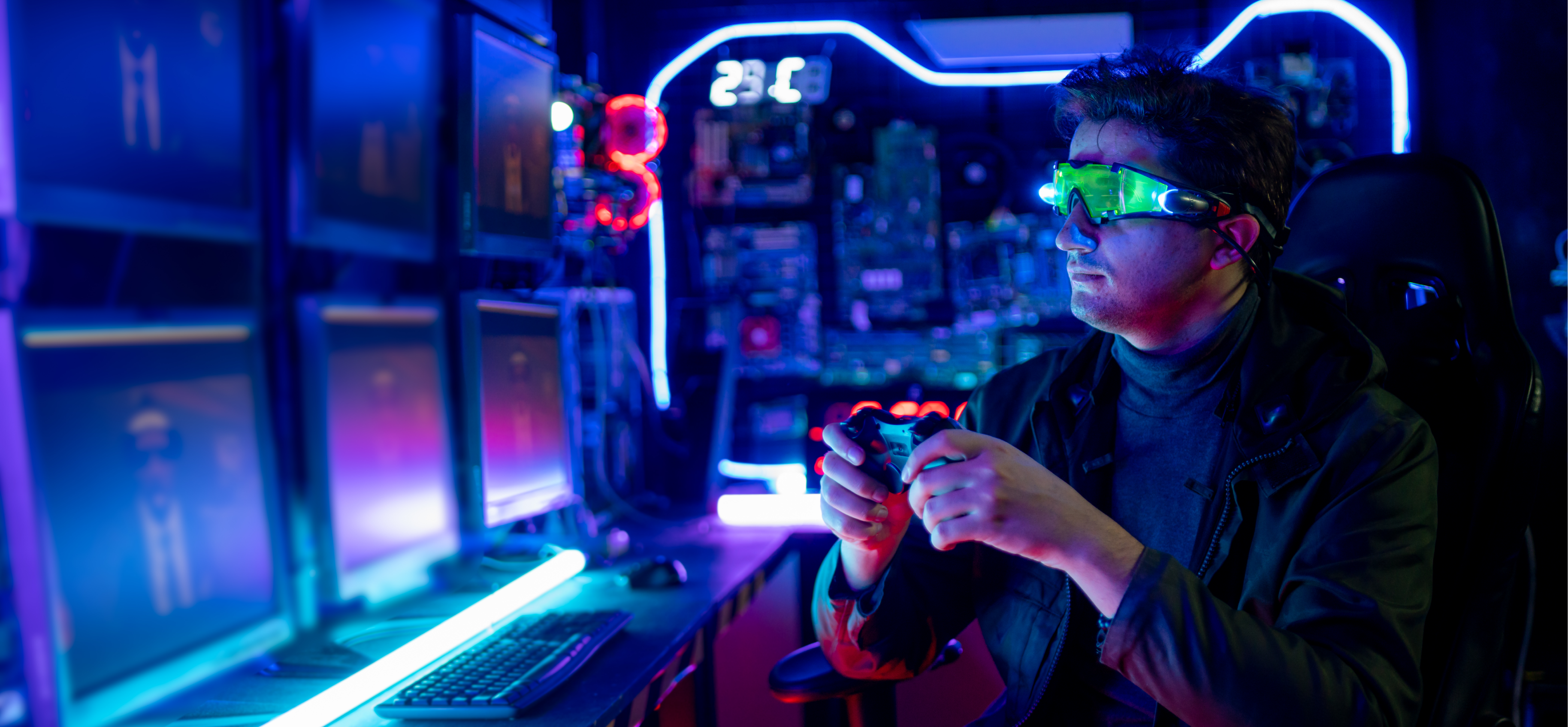
Video games have been around for several decades, and ever since the early days, the quality, graphics, storytelling narratives, and resulting production costs have been through exponential sprint runs. Gone are the days of single-purchase DVDs. The sales of the disks wouldn’t sustain the costs of development needed to build a triple-A game anymore. At a certain point, developers and studios were left with no other option but to reinvent their sources of income. A $50 to $80 purchase per game license simply won’t do Just take a look at leading games’ budgets:
- Final Fantasy VII – $45 million
- Battlefield 4 – $100 million
- Shadow of The Tomb Raider – $135 million
- Call of Duty: Modern Warfare 2 – $250 million
- Grand Theft Auto V – $265 million
- Cyberpunk 2077 – $316 million
- Red Dead Redemption 2 – $540 million
- Upcoming Grant Theft Auto VI is poised to be the most expensive entertainment product of all time, exceeding the $2 billion mark.
Awe-striking, right? Yet viable ROI is still needed. The first solution for lengthening the market life cycle of a game appeared as DLC (Downloadable Content), usually packs of additional skins, various digital items, gear, or follow-up game chapters in the case of many RPGs. These downloadable packages enjoy wide popularity among gamers and serve as a gateway for the introduction of microtransactions into the game economies.
From Idea to Main Sales Driver
A tech giant, Microsoft, could be cited as the first-mover in the idea of microtransactions, having started the debate in 2005. Soon enough, the concept of small payments got widely adopted. In March 2006, Bethesda's Elder Scrolls IV pioneered the mainstream adoption of microtransactions in AAA games. A month post-launch, they introduced a cosmetic enhancement for players' horses. This unique horse armor could be purchased for $2.50 or $1.99 on a PC.
Years later, microtransactions have become a staple in the gaming industry. Leading this trend was the company often associated with this approach, Electronic Arts (EA). Ever since they launched the online store in The Sims 2, EA has consistently integrated these mechanics into their games.

A prime example of EA's success with microtransactions is their FIFA football simulation series. In 2020, a staggering 29% of EA's revenue came from FIFA's Ultimate Team microtransactions alone. To grasp the magnitude, this single game mode generated billions in revenue for the U.S.-based game developer. This is just a glimpse into EA's extensive adoption of microtransactions across numerous titles.
While only 5 - 20% of players will contribute, more than 40% of microtransaction shoppers appear to make a transaction once per week. Therefore, this category of players can still prove incredibly profitable, accounting for about 60% of the overall sales in the game industry. In light of these digits, it’s apparent that microtransactions are here to stay, and game developers and studios wouldn’t be able to continue their work without them.
Are microtransactions harmful for games?
Despite its critical role in the game industry, aggressive utilization of microtransaction models can be highly detrimental to games since it undermines players’ basic motivations to play them. Competition, completion, and achievements are one of the cornerstones of any gaming experience. Heavy microtransactions are stripping games of it. Here’s why:

-
Pay-to-Win Mechanics: One of the most common criticisms is that microtransactions can lead to "pay-to-win" scenarios, where players can gain significant advantages by purchasing in-game items or boosts. This can undermine the skill and effort required to progress in a game, making it less about player ability and more about financial investment.
-
Exploitative Nature: Critics argue that some games are designed to exploit players by creating artificial barriers or slowdowns, encouraging them to spend money to bypass these obstacles. This can be particularly concerning when targeting younger or more impressionable players.
-
Inflation of Game Prices: While many games offer microtransactions as optional purchases, the presence of these in-game stores can sometimes inflate the overall cost of playing a game to its fullest. What might initially seem like a $60 game can end up costing much more if players feel compelled to make in-game purchases.

In-Game Purchases Done Differently
All of the above is worth serious debate and calls for reinventing this paradigm in the gaming industry. Furthermore, funding a game via microtransactions is like funding a black hole with no viable return on investment.
"Spending over $100,000 to fully upgrade a character's attributes and inventory is staggering. But what's even more astonishing? The inability for players to monetize these in-game assets. Essentially, players are pouring money into a void with no return on investment. These pay-to-win and freemium economy models are exploitation of free-to-play principles by developers." - Rastislav Bakala, Founder & CEO at QORPO Game Studio.
Despite the lack of conclusive alternatives, many game developers are trying to find solutions with blockchain technology. The entire idea of Web3 gaming is new and not entirely explored, yet several first-movers are taking a deep dive into the possibilities of replacing microtransactions with NFT ownership and contributing to transparency, thanks to the decentralized nature of blockchain.
Microtransactions Through NFTs - Transparent, Interoperable, and Genuine Ownership for Players
Still rather controversial, NFTs can play a significant role in the future evolution of the game industry and the gaming economic models. Forget the notion of overpriceed images. Bored Ape and Crypto Punks are not the entirety of non-fungible tokens. In the future, game developers can take advantage of blockchain integration and use NFT for microtransactions of some sort. Let’s take a look at the main advantages:
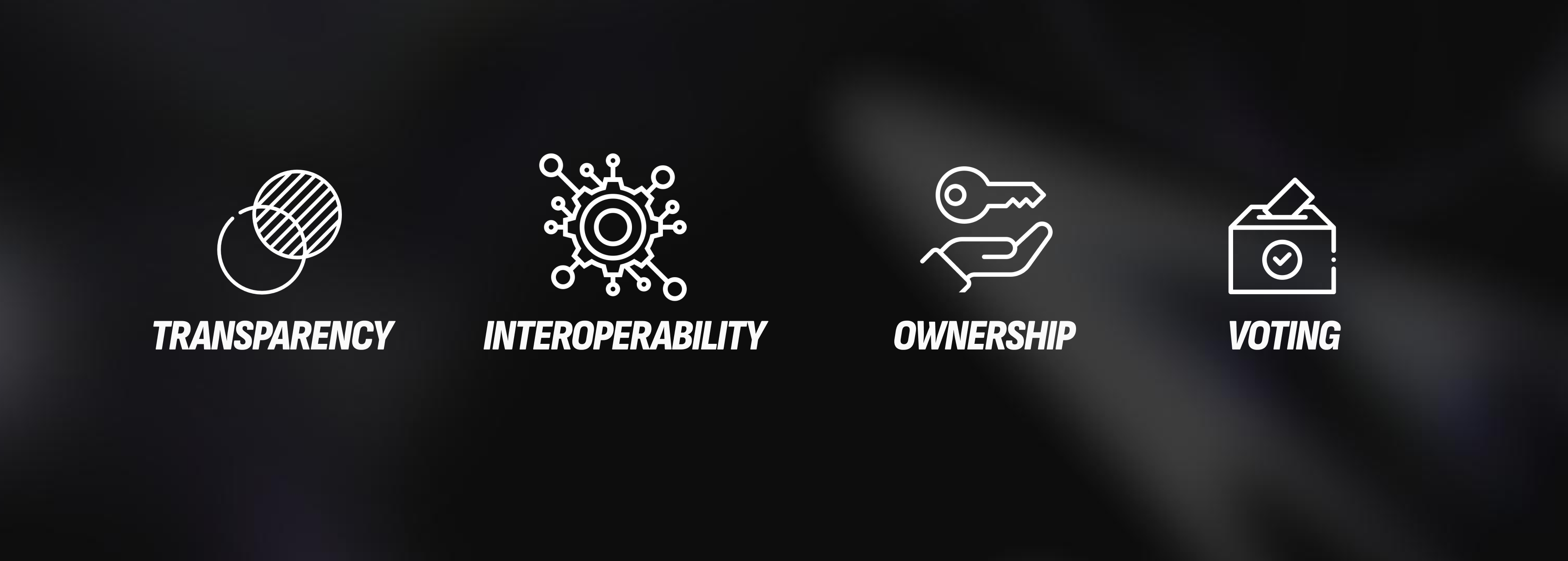
-
Genuine Ownership: Traditional gaming systems often restrict players from having complete ownership over their in-game items. These items are usually bound to a particular game or platform, diminishing their overall utility. NFTs, on the other hand, grant players authentic ownership, allowing them to trade, utilize, or sell their digital assets as they wish.
-
Interoperability Across Platforms: One of the standout features of NFTs is their ability to represent in-game assets that can function across different games and platforms. This interoperability means players can leverage their digital assets in a variety of gaming scenarios, amplifying the assets' utility and worth.
-
Robust Second Market Opportunities: With NFTs, players can engage in secure, transparent, and decentralized trading on diverse marketplaces. This not only paves the way for dynamic secondary markets for digital items but also offers players the chance to capitalize on their assets. Moreover, it presents game developers with novel avenues for revenue.
-
Emphasis on Rarity and Collection: NFTs can be tailored to represent rare or limited-edition in-game items, boosting their collectible nature and value. Such exclusivity can heighten player involvement, with gamers vying to secure these scarce digital treasures and round out their collections.
-
DAO Voting: Another advantage of NFT-driven microtransactions stems from the inclusion of the community. Players are not stuck in the passive role anymore. With NFTs. many studios and game developers put gamers in the forefront and grant them investors' privilage, such as frequent votes on crucial developments stages.

The Future Prospects
The gaming industry, once a niche sector, has burgeoned into a global powerhouse, dwarfing even the most established entertainment sectors. As it has evolved, so too have its economic models, with microtransactions becoming a pivotal, albeit controversial, component of its financial landscape. While they have undeniably opened up new revenue streams for developers and offered players a plethora of in-game customization options, they've also sparked debates about fairness, value, and the very essence of gaming.
The introduction of NFTs and blockchain technology offers a tantalizing glimpse into a potential future where players have genuine ownership of their in-game assets, fostering a more equitable and transparent gaming ecosystem. However, as with any innovation, there will be challenges to overcome and ethical considerations to address.

